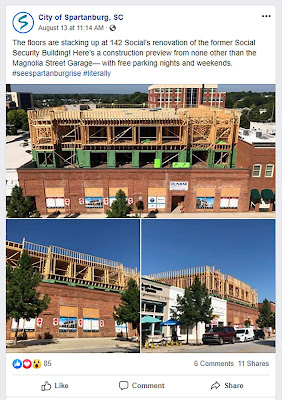At the same time, business licenses can be frustrating when a business operates in multiple cities with different licensure processes. There could be multiple due dates and measurement periods, or different ways of calculating revenue. Those variances can lead to interest in making significant legislative changes to business licensing that can dramatically damage cities’ and towns’ ability to deliver the services that residents expect. Most recently, H4431 was introduced late in the 2019 legislative session, and the bill will still be active in the 2020 session.
Standardization across jurisdictions can help replace frustration with a fair process that makes doing business within multiple cities easier. The Municipal Association has been working on business license standardization for years. In 2014, the Association created the Standardized Business License Application, designed to more easily meet the needs of businesses operating in multiple cities and towns. Many municipal and county governments have adopted the standard application, as seen in this list.
Beyond the application, there’s more that municipalities are doing to make the process easier for businesses. Cities and towns are adopting the most current model business license ordinance, calculating business licenses taxes based on either the previous calendar year or the business’ fiscal year, and adopting the standard period for business license effectiveness and the standard due date of April 30.
There’s plenty of additional information available on business licensing and standardization:
- Uptown articles — Standardizing Business License Practices and Understanding Business License Standardization
- SC Business License Handbook – used as the textbook for the SC Business Licensing Officials Association’s certification program



